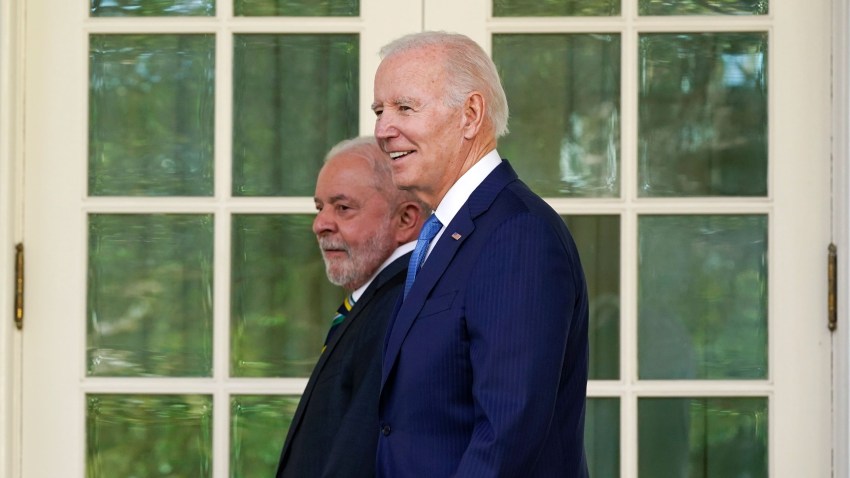Last week, Brazilian President Luiz Inacio Lula da Silva visited Washington to meet with U.S. President Joe Biden, in what was framed by many observers, as well as by the two leaders themselves, as a reaffirmation of the two countries’ democracies. After all, the recent assault on Brazil’s seat of government by supporters of Lula’s predecessor, Jair Bolsonaro, bore striking similarities to the Capitol Insurrection by supporters of former President Donald Trump in Washington on Jan. 6, 2021. And the parallels between Trump and Bolsonaro, and the threat they posed to their respective countries’ democracies, were a staple of political reporting and analysis during both men’s terms in office.
These similarities may make Lula a good fit for Biden’s narrative of a global battle pitting democracy against autocracy, in which democracies around the world must stand together to defend their increasingly vulnerable model of government against the aggressive spread of authoritarianism. In many other ways, though, Lula is a perfect illustration for how this narrative obscures more than it reveals and is ultimately not useful for making sense of the trends and challenges shaping global politics today.
In fairness, Biden is not the first to embrace this narrative. As a presidential candidate in 2008, the late Sen. John McCain proposed a League of Democracies to marshal like-minded states under U.S. leadership, under the assumption that democracies would be more likely to cooperate on shared priorities. More recently, some have floated the idea of expanding the G-7 into a D-10, comprising the world’s major democracies, for similar reasons.

